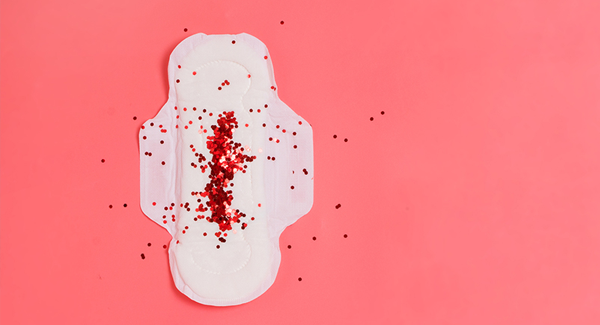
For most women, there’s nothing as annoying (or scary) as not getting their menstrual periods as and when due. This can be due to many factors, some of which you may not even pay attention to because there’s seemingly no connection. However, for women, it’s almost as if everything is connected and a shift in A can result in a shift in not just B, but Q.
So, if you would like to find out why your menstrual periods are heavy, erratic, or missing altogether — and what to do about it? Read on…
1. Exercising rigorously
Have you heard about marathon runners losing their periods? It’s not a myth: frequent rigorous exercise combined with low body fat puts stress on your body, and this stress tells your brain to stop producing reproductive hormones.
2. Being overweight or underweight
Carrying extra pounds does more than sabotage your skinny jeans. “Excess fat cells result in elevated levels of oestrogen, which can ultimately stop your ovaries from releasing an egg.
However, your body reacts differently when you’re underweight; it doesn’t produce enough oestrogen. And you need adequate levels of oestrogen to build your uterine lining and have a period.
3. Taking prescription drugs
Any medication that involves hormones—like thyroid medication (and thyroid problems in general), steroids, or antipsychotics (which release a hormone, dopamine)—can influence your period.
4. Poor sleep
Inadequate sleep does more than make you feel off, it can also throw off your cycle, too. In fact, people who work irregular hours (like nurses and flight attendants) are more likely to experience irregular periods, according to a review published in Sleep Medicine.
5. Stress
Stressful conditions aren’t conducive for bringing a baby into the world this is backed up by human evolution over time. As such, a regular cycle is one of the first things to take a backseat when women are constantly stressed. This explains why stressed-out women were less likely to conceive than their more settled counterparts.



